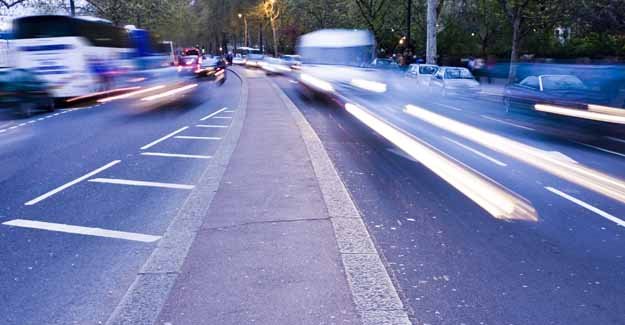A billion pounds of public transport fare cuts would reduce car travel by less than half a percent, according to the Royal Automobile Club Foundation’s latest research paper, ‘Public Transport Effects on Road Traffic: Potential and Limitations’ published today* (24).
The Foundation’s paper finds that even with significant increases in investment the scope for switching from private to public transport remains limited because different types of transport serve discrete markets.
Making public transport cheaper by increasing fare subsidies could reduce car traffic – but several billions of pounds would be needed every year to have a measurable impact. The RAC Foundation has calculated that cutting fares by injecting a £1bn in subsidies to bus or rail travel would only reduce car travel (driver and passenger) by less than half a percent.
The report questions whether the public transport network could cope with a surge in growth. The railway network is already congested and existing overcrowding must be tackled before additional passengers can be encouraged to swap the road for the rails. A new High Speed Train line from London to Glasgow would reduce motorway traffic in the corridor by up to 5% – 7%; but this costly venture, would mostly replace travel by air.
Parking for travellers using commuter or long distance trains can reduce road traffic on main routes in and out of our large cities. However, lack of sufficient affordable parking, as well as crowded trains, limits its potential. Intercity park and ride almost certainly encourages the use of rail and a small reduction in long distance car travel can result.
Improved local bus services would only stop a limited number of people travelling between towns in the car. Express coaches have some potential but they require fast and reliable intercity routes to be effective.
Stephen Glaister, Director of the RAC Foundation says ‘Public transport is important but it will not solve our transport problems. Even if billions of pounds more than the UK is currently spending were available and spent wholly on public transport it would only have a marginal impact on getting people out of their cars.’
‘Motorists already pay in excess of £45 billion per year in motoring taxes. Many will say that the cost of motoring is too low and that it needs to be increased to make public transport attractive. The truth is that public transport will only ever be suitable for certain trips and certain markets, and the private car will remain the dominant form of transport. Rather than pricing people out of the market for car use, we need to develop a whole new system for paying for motoring, which supports the development of public transport, pays attention to vehicle emissions and allows people real choice when making their journeys’.
ENDS
* The RAC Foundation’s paper Public Transport Effects on Road Traffic: Potential and Limitations’ was prepared for the RAC Foundation by David Bayliss OBE is available to download here:-
 Public_Transport_Effects_on_Road_Traffic_Potential_and_Limitations.pdf (845.44 KB 24.10.2008 16:46)
Public_Transport_Effects_on_Road_Traffic_Potential_and_Limitations.pdf (845.44 KB 24.10.2008 16:46)


